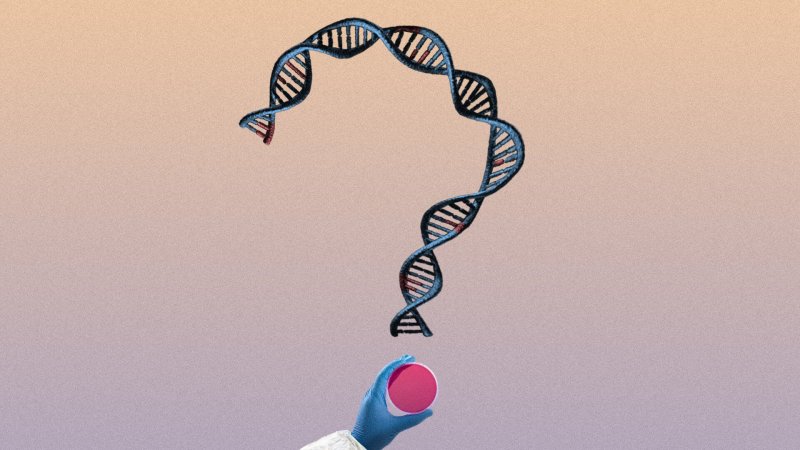Researchers have long struggled to draw a line around ethical genome editing. While modifications to somatic cells only affect a single individual, engineering germline cells (such as eggs, sperm, or embryos) ensures that a specific trait will be transmitted to future generations. Although many scientists contend that somatic genome editing could dramatically advance human health, the ethics of germline modification remain controversial.
Worries of the ethical implications of deliberately editing out entire traits and concerns over the destruction of human embryos for research purposes have stigmatized germline genome editing. Moreover, the threat of unintended consequences and “off-target” effects emphasize the risk posed by CRISPR-driven research on germline cells and human embryos. But over the past decade, advances in research methods and laboratory techniques and an increased understanding of the human genome have attracted greater attention to the therapeutic potential of CRISPR gene editing.
…
Since a robust understanding of the science behind CRISPR must still be developed, the most important responsibility that scientists have is to educate, engage, and empower the public and policymakers. Only then will all stakeholders be able to take part in discussions about the ethics of heritable genome editing.
Read full, original post: Is there a responsible way forward for gene editing?































